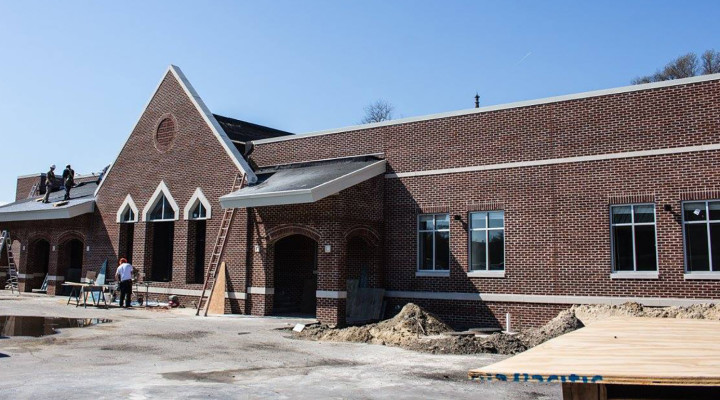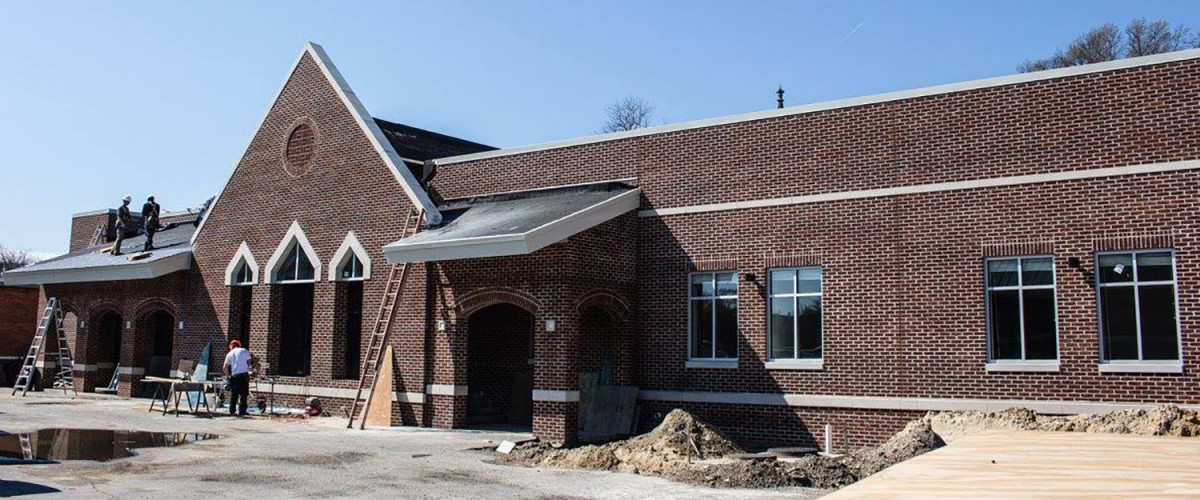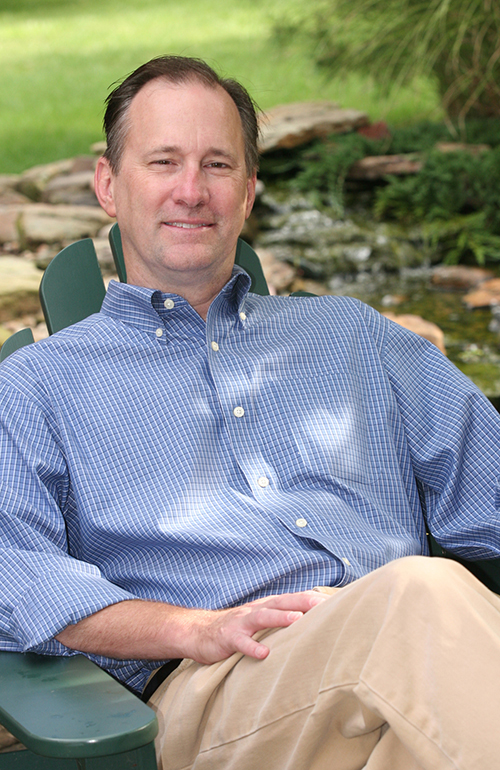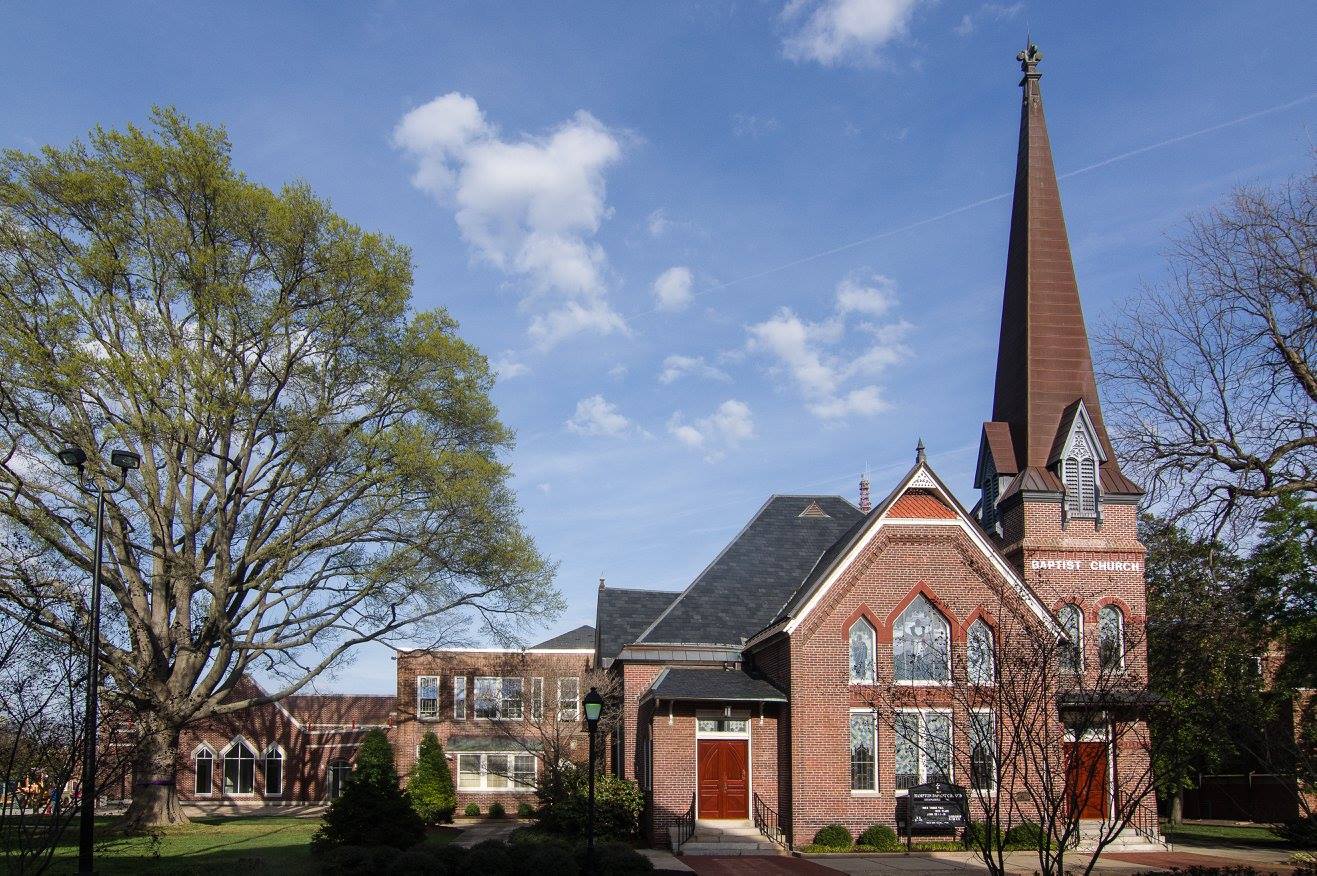Even Quakers are experiencing the cultural challenges besetting many Christian groups.
But that doesn’t worry them too much, said Quaker pastor, writer and speaker Philip Gulley.
“I don’t think the goal of Christianity should be its ongoingness,” said Gulley, author a blog, articles and 20 books including the best-selling Front Porch Tales series of inspirational and humorous essays.
Instead of focusing on survival, the faith must be about pursuing the gifts it has to offer, chief among them grace and concern for others, Gulley said.
“If the goal of science is to learn and investigate and discover, then it seems the goal of healthy Christianity is to learn and practice … the principles of compassion,” he said.
The Indiana pastor’s reputation for weaving humor, wisdom and concern for the least in society scored Gulley an invitation to speak at Hampton Baptist Church. He will be the keynote speaker at the opening of the Virginia congregation’s new fellowship hall on Saturday evening. He’ll also speak Sunday morning during worship at the downtown church.
Pastor Betty Pugh Mills said Gulley’s presence is meant to inspire those in attendance and to celebrate the new 13,000-square-foot fellowship hall. The building will house a 30-year-old feeding program plus new laundry and shower ministries for the downtown’s homeless and working poor.
Mills said 400 free tickets were printed and at least 300 have been given to area residents and officials, including the clergy and members of churches across the ecumenical spectrum.
“We wanted it to be something big, something that involved the whole community,” Mills said, adding that the new building will also be available to groups other than the church.
Gulley came to mind as a speaker because he is in sync with the church’s missional outlook and also for his reputation for folksy wisdom, theological relevance and emphasis on compassion over dogma.
Mills said she regularly includes Gulley anecdotes and stories in her sermons and other teachings. She knows many other Baptist and other Christian ministers who rely on the Danville, Ind. resident’s books and blogs, too.
What’s more, Gulley’s approach to faith and ministry is in keeping with HBC’s growing focus on the needs of society’s disadvantaged.
“These spaces have to do with continuing to discern who we are as we continue to minister to the homeless,” she said.
Compassion is the priority
The growing needs of society’s most challenged groups are also of concern to Quaker congregations, whether they are the programmed – with pastors and structured services – or of the un-programmed sort who meet in silence for worship, Gulley said.
In some places the challenge is met better than in others.
“Like many denominations, our congregations in the developing world are really growing,” he said.
In the U.S., urban meetings attended by a lot of young people are also doing well. Those in rural areas are struggling, he said.
Congregations that demonstrate “theological elasticity” and a progressive expression of Christianity are the ones who are growing, Gulley said.
“Some of our meetings pull that off better than others,” he said.
One advantage Quakers enjoy is a history of living on the margins and taking very progressive – and unpopular – stances the social and theological issues of their day, he said.
Gulley said he recently preached a sermon on the need to accept transgendered people – a topic that brought concerns for his professional wellbeing from non-Quakers in the congregation.
“I said thank you but Quakers are used to having to deal with issues like that,” he said.
But whether it’s treatment of transgender people or Civil Rights issues or war, Quakers and other Christians must always seek to focus the basics of their faith: love.
“To me that is the bedrock,” Gulley said. “Everything else has changed.”
Everything else — including interpretation of scripture and humanity’s understanding of God – have changed through the ages, he said.
Christians therefore must seek to use language that is inclusive and which takes into account the growing presence of other faiths in America.
“The priority is, and must be, compassion,” he said.




